International Center for the Rapprochement of Cultures under the auspices of UNESCO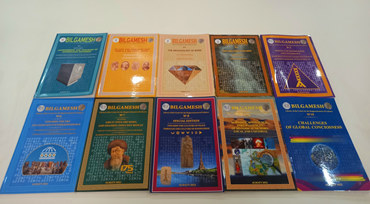
Kazakhstan, as a part of the world civilization, has a rich heritage of national and religious traditions that can be traced back over the centuries. Studies of ancient and medieval monuments of the last fifty years have allowed a deeper study of the history and culture of the population of Kazakhstan, including spiritual life and religious beliefs, namely: Tengrianism, shamanism, Manichaeism, Zoroastrianism, Buddhism, Mazdeism and Islam.
The remains of architectural monuments such as palaces, temples, mausoleums and mosques are the most informative and explicit evidence of culture. They are found during archaeological excavations of ancient and medieval settlements and cities.
The study of the results of archaeological excavations of cities on the territory of the Republic of Kazakhstan indicates that the system of caravan roads of the Great Silk Road, which crossed Kazakhstan in ancient times and the Middle Ages, also served to spread architecture and architectural schools.
The development of culture and the spiritual sphere of the population of Kazakhstan is closely connected with historical events. Economic methods, rituals, art, religious sites, including sanctuaries and architecture, played an important role in restoring people's spiritual outlook.
The study of the archaeological cultural heritage clearly proves that Kazakhstan was a country of nomads and a country of cities: the synthesis and interaction of these two traditions underlies cultural genesis and ethnogenesis, as well as in the development of statehood of the closest ancestors of the Kazakhs.
Kazakhstan's interaction with UNESCO
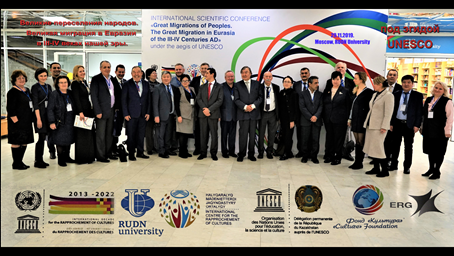
In the field of natural and cultural heritage, the UNESCO World Heritage List is recognized as the standard of all significant things.
Kazakhstan's cooperation with UNESCO began with the World Decade of Cultural Development 1988-1997. Within the framework of the major scientific program "Silk Roads – ways of dialogue" – "Integral Study of the Silk Roads of Dialogue, 1988-1997".
The years 2003 and 2014 were significant in the history of Kazakhstan's cooperation with the United Nations Educational, Scientific and Cultural Organization (UNESCO).
The activity of the Republic of Kazakhstan in the international arena, as well as in the field of studying, preserving and using heritage, led to the fact that at the 19th session of the UNESCO General Assembly in November 2013 in Paris, the Republic of Kazakhstan was elected to the 21 member countries of the World Heritage Committee. This is a great success of Kazakhstan in the international arena.
The 38th session of the World Heritage Committee, which took place in June 2014 in Doha (Qatar), was also an important event for Kazakhstan. At this session, eight archaeological sites were included in the UNESCO World Cultural Heritage List, which are part of one of the directions of the Silk Road, called "The Silk Road: from Chang'an to Tien Shan". The active activity of the scientist K.M. Baypakova at UNESCO greatly contributed to the efforts of state bodies to include historical monuments of Kazakhstan in the UNESCO World Heritage List, assessing the value of cultural heritage monuments on the Silk Road, to return these masterpieces to the memory of mankind.
Currently, the following sites represented by the Republic of Kazakhstan are included in the UNESCO World Heritage List:
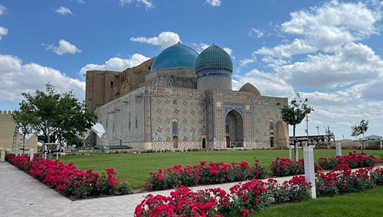
1. The Mausoleum of Khoja Ahmed Yasawi is an Islamic sanctuary located in the city of Turkestan. It is recognized as one of the greatest Muslim monuments in Central Asia and is a place of pilgrimage for Muslims from all over the world.
2. The Peter and Paul Fortress and the Military Historical Museum-Reserve is a historical complex located in the city of Petropavlovsk. It includes a fortress, a museum of military history and a memorial alley.
3. Cultural Monument The cultural and historical complex of Kohen Monuments is an archaeological complex located near the village of Kohen, near the border with Russia. It includes various archaeological sites related to the history and culture of the nomadic peoples of the region.
Gradually, the Republic of Kazakhstan continues to work to promote its cultural and natural heritage in the international arena.
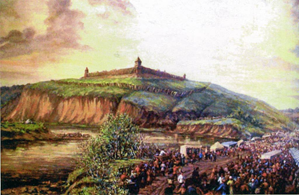
Creation of the International Center for the Rapprochement of Cultures under the auspices of UNESCO
The International Center for Cultural Convergence under the auspices of UNESCO in Almaty was established within the framework of the Decade of Cultural Convergence (2013-2022). The decision to establish such a center in Kazakhstan was announced at the 38th session of the UNESCO General Conference in Paris in November 2015.
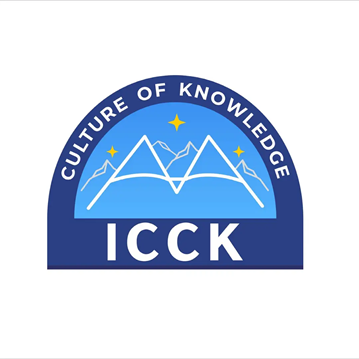
Shortly after, the State Museum "Center for the Rapprochement of Cultures" was established on the basis of the Republican Book Museum in Almaty in accordance with the decree of the Government of the Republic of Kazakhstan dated December 29, 2015 (No. 1117). The Center began its activity with Kairat Maratovich Baypakov as director. Under his leadership, a step-by-step development strategy was developed and the center's work plan for the medium term was defined.
In September 2016, a UNESCO mission was sent to Almaty to assess the feasibility of creating an International Center for the Rapprochement of Cultures, analyzing its development plan and potential. The mission was made up of Badarch Dandev, Ugi Nganda Ngatta and Arina Bad. The preparation and work of the mission were carried out in cooperation with the UNESCO Cluster Office in Almaty for Kazakhstan, Kyrgyzstan, Tajikistan and Uzbekistan.
The mission strongly recommended that the work of the Center be intensified in the following priority areas:
• Conduct thorough scientific research and gain new knowledge on interreligious and cultural dialogue.
• To make a significant contribution to the development of intercultural relations in the region.
• To give the Center for Cultural Convergence a key role in regional and international research of the scientific component in world and traditional religions.
To explore the Great Silk Road and the significance of its contribution to the promotion of intercultural dialogue.
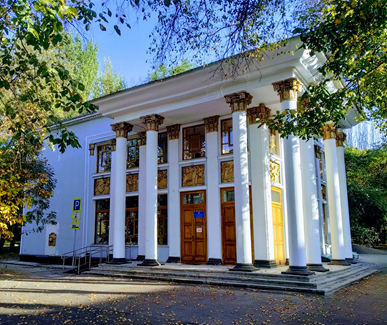
On November 9, 2017, the certificate of assignment of the UNESCO 2nd category to the Center for the Rapprochement of Cultures in Almaty was presented. This confirms that the center meets the high standards and requirements of UNESCO in the field of culture. In 2017, the Ministry of Culture and Sports of the Republic of Kazakhstan decided to rename the center to the "International Center for the Rapprochement of Cultures under the auspices of UNESCO 2nd category" in official documents.




